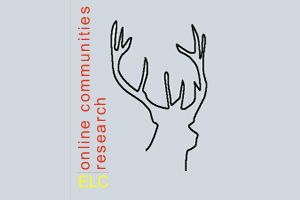Social movement organizing is becoming increasingly dependent on communication technologies. How can CSCW systems support grassroots organizations in facilitating collective action through democratic participation? In this project, we studied Science for the People-Atlanta, a social movement organization dedicated to building a grassroots movement around science activism. We used action research, both participating in the organization and studying it. Further, we interviewed ten active members of the organization. In this project, we analyzed the movement building process of SftP Atlanta in the light of the Freirean framework of participation communication theory of social movement organizing. We studied how SftP-Atlanta formed a collective identity, facilitated collective action, and engaged in reflexive dialog with the support of a collection of different online tools. Next, we presented our findings on how the same technologies often fought against the values of grassroots organizing. With our analysis, we identified inclusivity, privacy/security, and social translucence as the three core values to be embodied by social computing systems supporting grassroots organizing. Finally, we reflected on how these values often conflict with one another and argue that a value-centered design approach in this direction must accommodate these three values in a synergetic way.

The concept that people learn best when they are making something personally meaningful - also known as constructionism - is the lab's guiding philosophy. Computer networks have the potential to facilitate community-supported constructionist learning. The Electronic Learning Communities Lab examines ways communities of learners can motivate and support one another's learning experiences.


